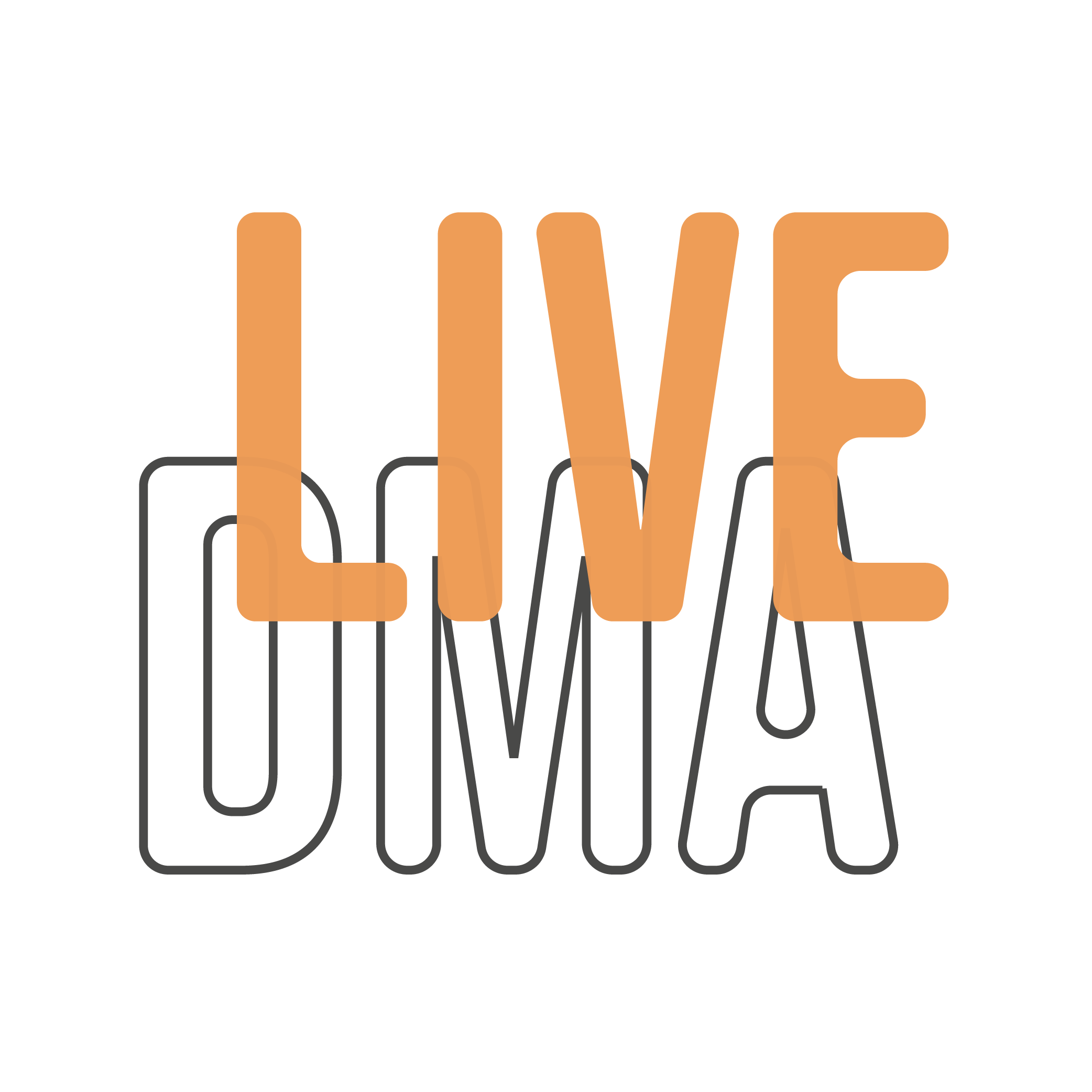On Wednesday the 21st of March 2018, the European Music Council invited the stakeholders of the European music sector to Brussels for the official launch of the European Agenda For Music – a strategic and visionary document that defines the sector’s collective needs and sets out priorities for the future.
More than just a document, the European Agenda For Music is a powerful confirmation of the European music sector’s desire to join together in the promotion of a common cause. The agenda converges the European music sector’s many voices in order to establish an ongoing dialogue between policy makers and music sector stakeholders. It details which directions to pursue in order to ensure a music sector that remains strong, fair, innovative and diverse in a rapidly changing world.
STRONG CONVICTIONS AS FOUNDATION OF THE AGENDA
- Active participation in music for each and every citizen is a human right.
- Music represents and actively promotes values that unite Europeans such as diversity, tolerance, equality, freedom and solidarity.
- As a powerful driver of personal and societal growth, music can play an important role in society for identity and inclusion.
- Music education brings immeasurable benefits to the individual and to society as a whole.
- Music adapts to change and must further exploit the potential of technology.
- Music’s contribution to the economy is important and must be recognized.
TARGETED CHANGE
1. A stronger sense of European identity through a shared cultural vision
2. A recognised and valued music sector and a better understanding of the needs of all its diverse components
3. Improved access for each and every member of society to participate in music, in formal and non-formal settings
4. Greater diversity in all parts of the music sector, including personal background, gender, music genre, type of venue, funding opportunities, etc.
5. Increased professionalisation of the music sector
6. Increased opportunities for interaction within the music sector as well as with non-music sectors and across borders
7. Concrete changes in legislation targeting a range of priorities at both European and national, regional and local level
8. A funding framework that includes public and private support or combinations thereof, and that responds to the needs of a diverse music ecosystem
9. A more balanced market for music that supports the work of small- and medium-size music companies and organisations
Based on those values and targets, the European Agenda puts forward three core objectives for the music sector: Education & Access to Music, Diversity, and Shaping Society. In order to reach those goals, three areas of action have been identified: Technology, Mobility, and Recognition. The means that have been identified to serve those themes are Cooperation & Partnership, Dissemination, and Data Collection & Analysis.
THE EUROPEAN AGENDA FOR MUSIC
[button url=”http://europeanagendaformusic.eu/wp-content/uploads/2018/03/European-Agenda-for-Music.pdf” target=”_blank »]Read and download the European Agenda for Music – English version[/button]
The webiste www.europeanagendaformusic.eu provides further detail on the process of shaping the Agenda.
The European Agenda for Music has been translated into several languages. Find the version in different languages at the end of this page!
The idea for the European Agenda for Music emerged from discussions among EMC members in autumn 2012 about the future of music in Europe. Recognising the need for action, the EMC reached out to music stakeholders across the continent. Drawing on conclusions from this initial survey, as well as on specific documents including EMC’s Manifesto for Youth and Music in Europe (2010) and Bonn Declaration (2011), the UNESCO 2005 Convention on the Protection and the Promotion of the Diversity of Cultural Expressions and the 2007 European Agenda for Culture and taking into consideration the AB Music Working Group Report (2016) and other policy documents previously released by the music sector, the EMC defined seven “fields of action” in the music sector. Working groups composed of expert representatives from these fields convened several times to debate and identify specific needs in these areas. Their findings were drawn up and submitted for review in a targeted consultation involving EMC members, working group members and the EMC Board. A proposal for the European Agenda for Music was then made public and comments collected through an open consultation to produce this final version.
Live DMA was involved in the “live” working group that took place in September 2016 in Hamburg at the Reeperbahn Festival. We have also actively participated at the proofreading and online consultation process. We were more than happy to finally assist the release of the European Agenda for Music on the 21st of March in Brussels.

